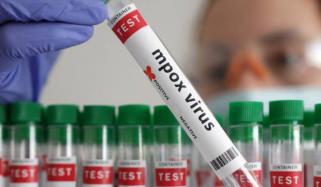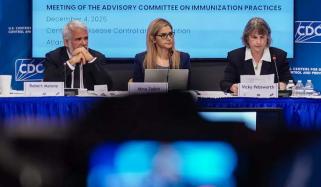
The U.S. Department of Health and Human Services (HHS) and the National Institutes of Health (NIH) made an announcement of the latest initiative known as "Generation Gold Standard."
The latest inititaive is set to develop top-tier, universal vaccines using a beta-propiolactone (BPL)-inactivated, a whole-virus platform.
The initiative will fund the institute’s in-house development of universal influenza and COVID vaccines such as candidates BPL-1357 and BPL-24910.
The significant move aims to offer broad-spectrum protection against several strains of pandemic-prone viruses, including bird flu and more.
What is BPL-inactivated, a whole-virus platform?
The NIH stated: "Unlike traditional vaccines that target specific strains, BPL-inactivated whole-virus vaccines preserve the virus's structural integrity while eliminating infectivity.”
This approach stimulates B and T cell immune responses, offering long-lasting protection across different viral families.
Moreover, the intranasal formulation of BPL-1357 is currently in Phase Ib and II/III trials and designed to block virus transmission -- an innovation absent from current flu and COVID-19 vaccines." NIH added.
The BPL is a state-owned platform, with enhanced flexibility for future use against different kinds of viruses, including respiratory syncytial virus, parainfluenza, and more.
Clinical trials for universal influenza vaccines are slated to start in 2026, with U.S. Food and Drug Administration (FDA) approval expected in 2019.
It is important to note that the intranasal BPL-1357 flu vaccine is currently in advanced trials, with FDA reviews likely by 2029.
















